
Should you eat plant protein or animal protein?
The Nutritional Value of Plant Protein and Animal Protein
Protein is a fundamental component of all living organisms. It is involved in the structure of every cell and is the main building block of organs and body parts. Certain specific proteins play particularly important roles as they are part of enzymes, hormones, antibodies, and other compounds.
Animal protein contains many essential amino acids in a balanced proportion, giving it high biological value. Foods rich in animal protein include meat, eggs, fish, milk, shrimp, crab, frogs, and other seafood.
However, animal foods often contain a high amount of cholesterol, and consuming excess intermediate metabolic products can be harmful to the body.
On the other hand, plant protein often lacks or has lower levels of essential amino acids, or has them in an imbalanced ratio, especially methionine, tryptophan, leucine, and isoleucine. However, plant protein generally has a good amount of lysine. Foods rich in plant protein, like beans, tend to have little to no cholesterol.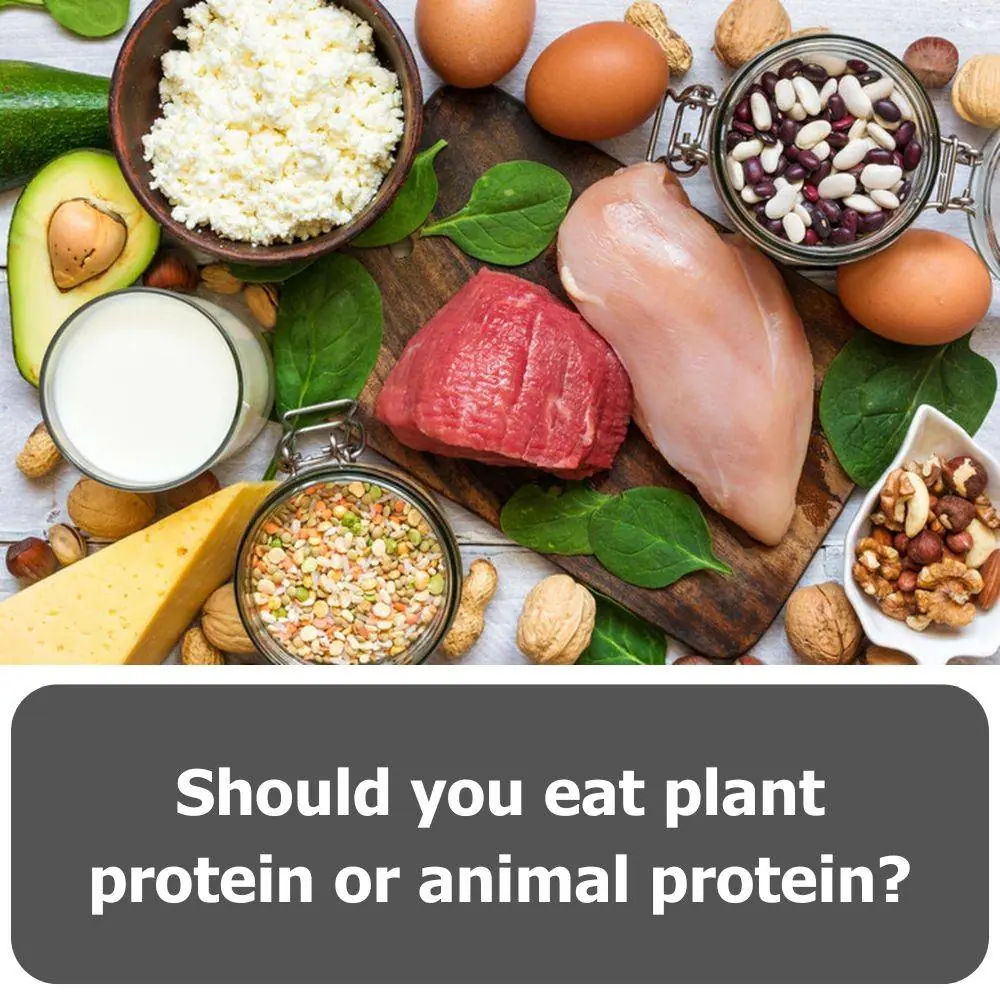
According to the National Institute of Nutrition (Ministry of Health), plant protein (from beans, cereals, tubers, etc.) has a lower biological value than animal protein because it lacks one or more essential amino acids or has an imbalanced amino acid composition.
However, animal protein (from meat, fish, eggs, seafood, etc.) is not in its pure form but is typically conjugated with other compounds like nucleoproteins (complexes of proteins and fats such as phospholipids, cholesterol, etc.). Therefore, its metabolism can produce harmful products such as urea, uric acid, nitrates, and cholesterol.
If uric acid levels are too high in the blood, the risk of gout increases. If nitrite and nitrate levels are high, they can combine with free radicals in the body to form nitrosamines, which are carcinogenic.
If cholesterol levels are too high, it can lead to arteriosclerosis, increasing the risk of serious conditions like hypertension, heart attacks, and strokes, which can be fatal.
Therefore, a balanced diet with a mix of animal and plant proteins can reduce the production of harmful factors and enhance the role of protein.
How Should Animal and Plant Proteins Be Combined?
In the past, many sources suggested that animal protein should account for 50-60% of the total protein intake in the diet. Recently, many nutritionists believe that for adults, animal protein should account for only 25-30% of the total protein intake, which is more appropriate.
For children, this ratio should be higher (animal protein should make up about 50-70% of total protein intake).
In fact, plant proteins are quite diverse, with many plant-based foods containing a high percentage of protein. For example, beef contains 18g of protein per 100g, lean pork has 19g per 100g, carp has 17g per 100g, and chicken eggs have 16g per 100g.
However, in beans, protein content can reach 21-25g per 100g, and in soybeans, it can be as high as 35-40g per 100g.
Nevertheless, the biological value of proteins in beans, sesame, peanuts, and grains is lower than that of meat, fish, eggs, shrimp, and crabs, resulting in less efficient absorption.
Therefore, combining both animal and plant protein sources in the diet will help improve both the quantity and quality of protein intake. By combining their amino acid compositions, it contributes to a balanced and harmonious diet.
Some Valuable Protein Sources
Fish is a food with high biological value and offers several advantages over meat. It is an excellent source of protein, containing all essential amino acids. Fish oil is rich in vitamins A and D and contains essential unsaturated fatty acids with low cholesterol. Particularly, marine fish is rich in important minerals.
Fish meat is easily digested and assimilated due to its evenly distributed connective tissue, making it quick to cook and tender. This facilitates digestion and absorption.
Therefore, it is advisable to reduce meat consumption and increase fish intake in the diet. It is recommended to eat fish 2-3 times a week.
Shrimp, crabs, and other seafood are also good sources of animal protein, containing many essential amino acids, important vitamins (A, D, B-group), and trace elements necessary for growth (iodine, copper, zinc). Shrimp and crabs are also rich in natural calcium.
Dry beans, especially soybeans, contain a high amount of protein. Beans are rich in B vitamins, P, PP, as well as important minerals and trace elements.
The protein in beans is particularly rich in lysine, an essential amino acid for growth. The fat in beans is typically rich in essential unsaturated fatty acids and contains no cholesterol. Beans are also a valuable source of folic acid and vitamin E.
News in the same category


Pomegranate Juice and Cardiovascular Protection: Evidence from Human Clinical Studies

If you love sweet potatoes, you need to read this—what you learn could change everything! It’s not too late to know this.
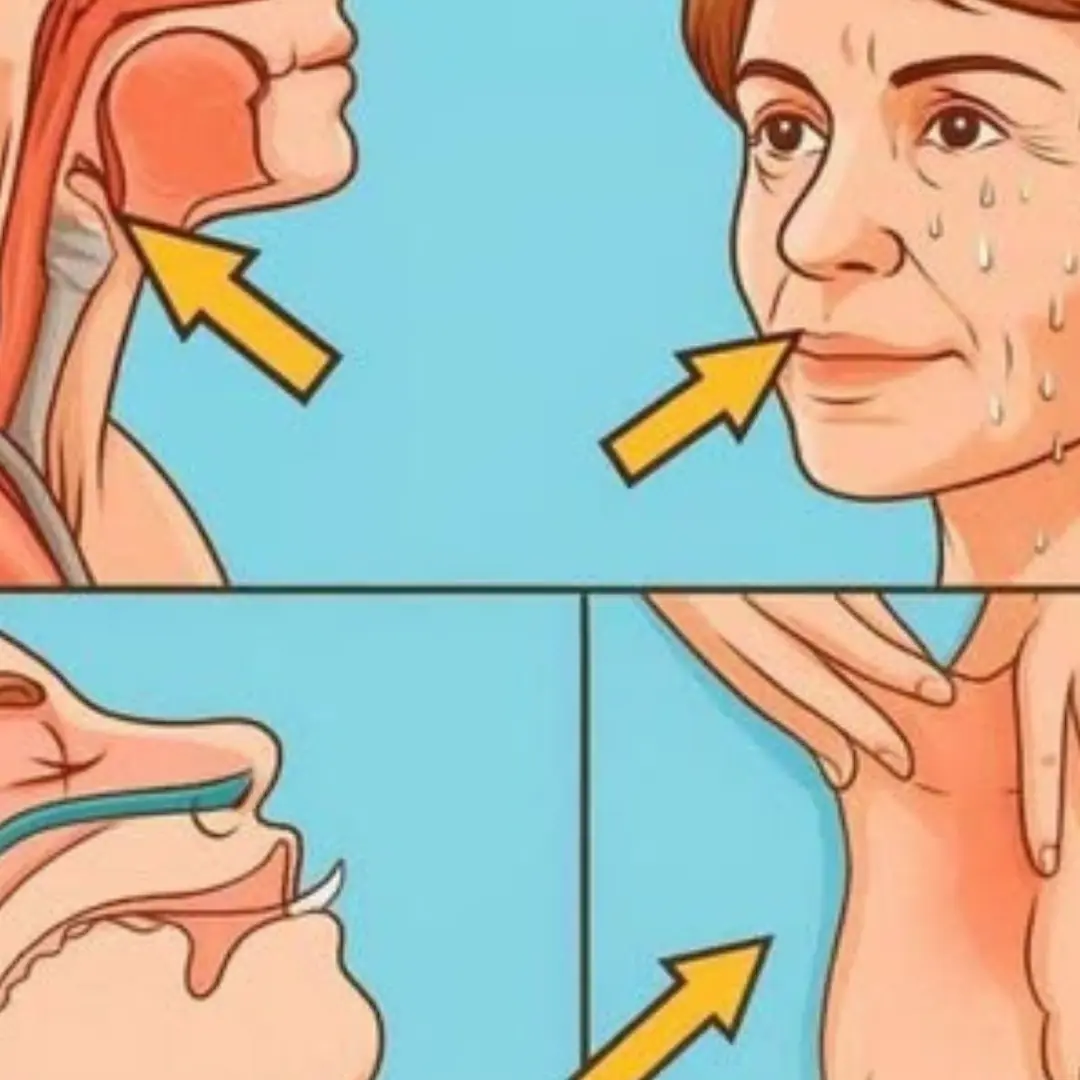
9 Early Signs of Diabetes You Shouldn't Ignore
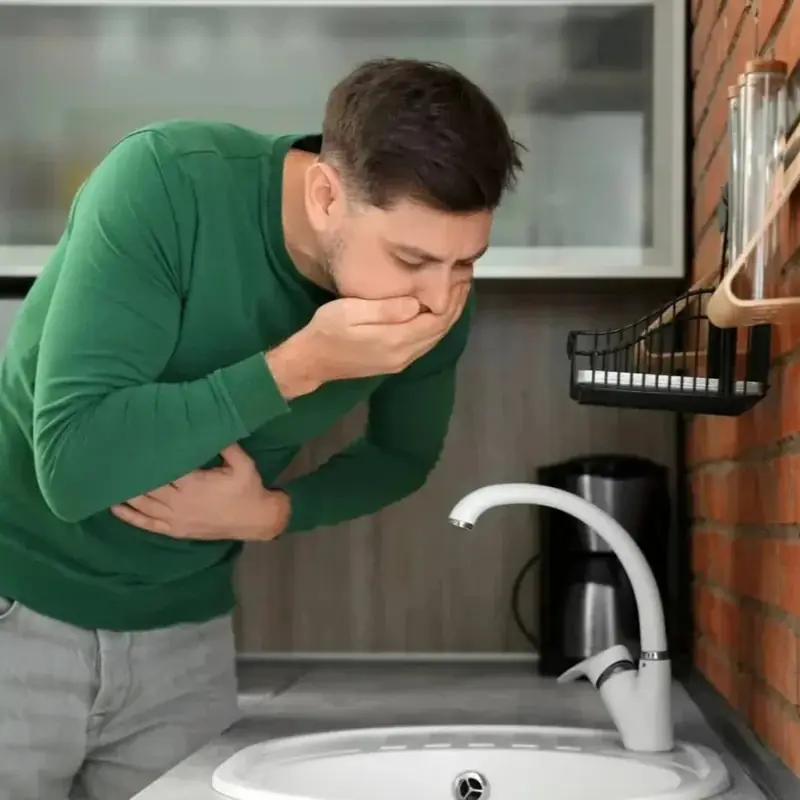
Can.cer may not cause pain in the early stages, but if you notice these 8 warning signs in the bathroom, get checked early. Don’t ignore them.
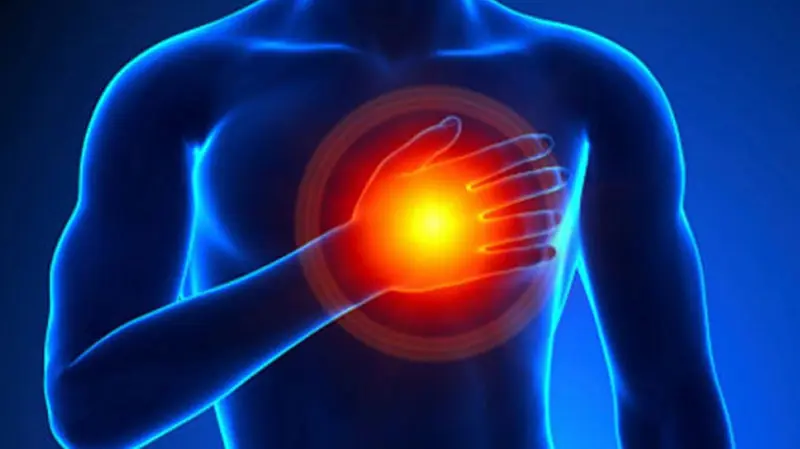
If You Have Sudden Sharp Pain In Your Chest That Disappears Quickly, It Could Be This

A 65-year-old woman di.ed suddenly at dawn. Doctors warn: Never do these 4 things before bed as you get older.
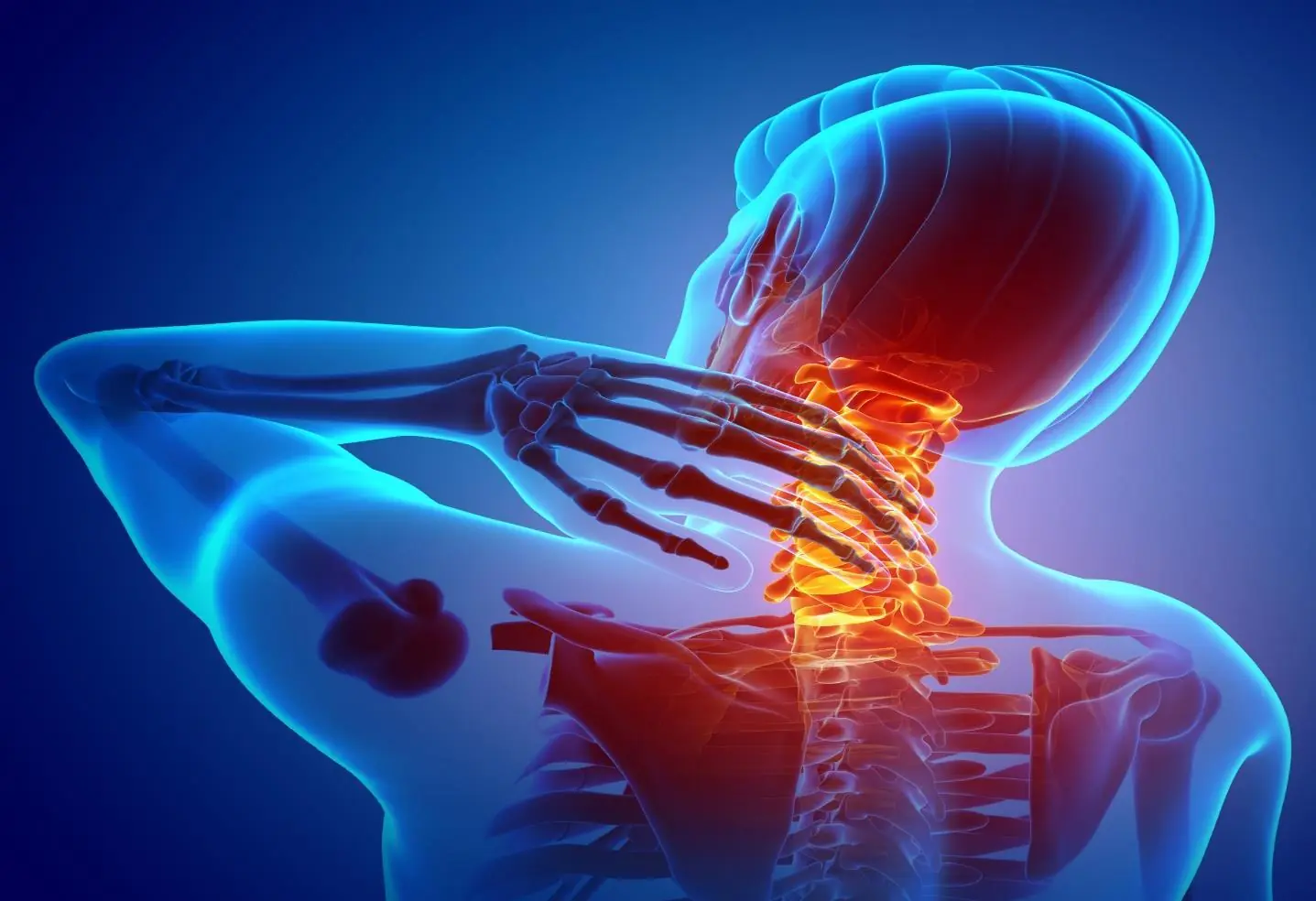
Head and Neck Cancer: Risk Factors, Symptoms, and Prevention Tips
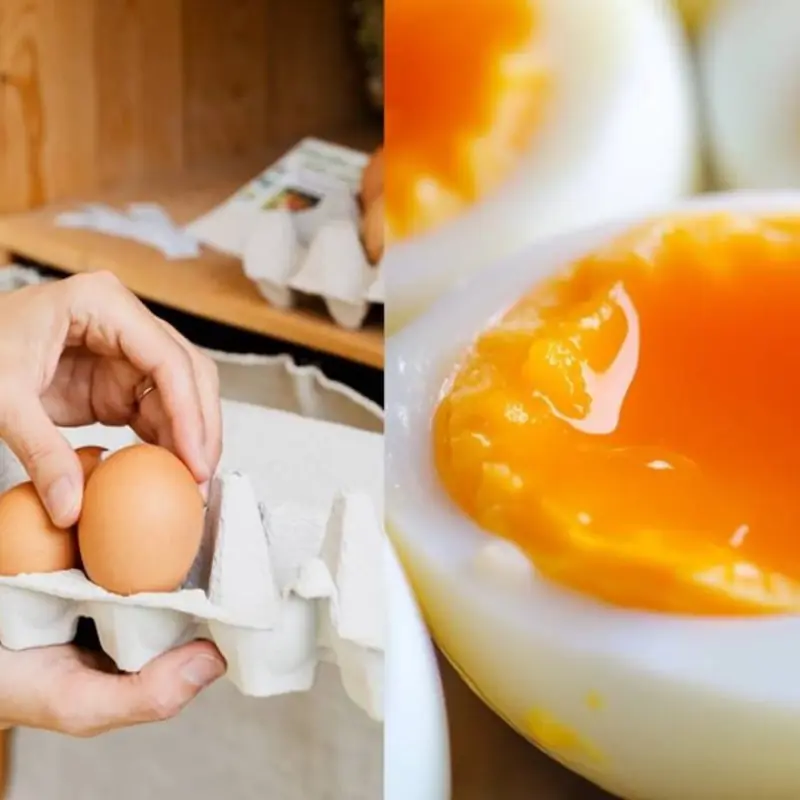
Health experts warn that one popular habit with boiled eggs could raise your risk of artery blockage, but countless people still follow it every day
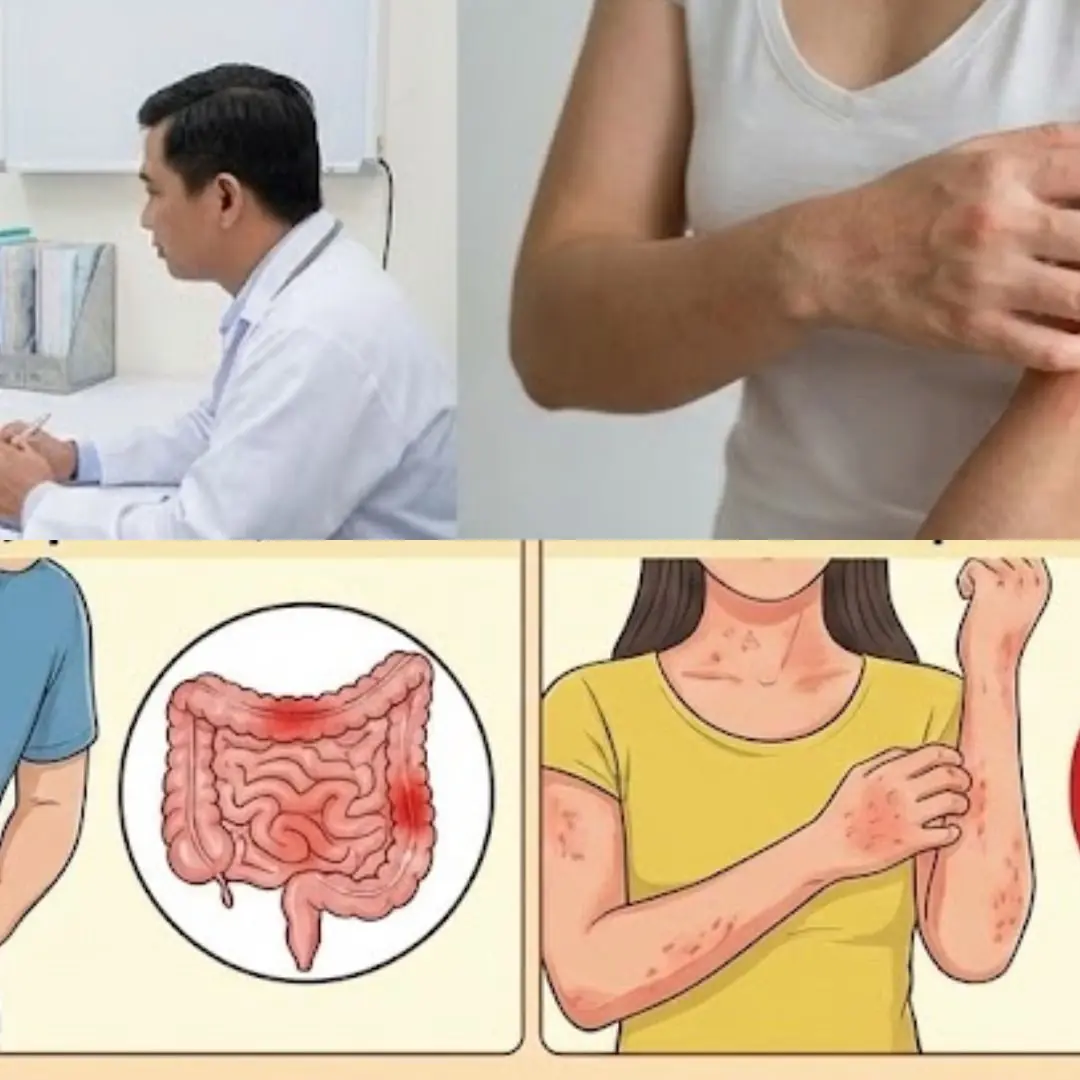
Not Everyone Should Eat Onions: Here’s Who Needs to Be Careful
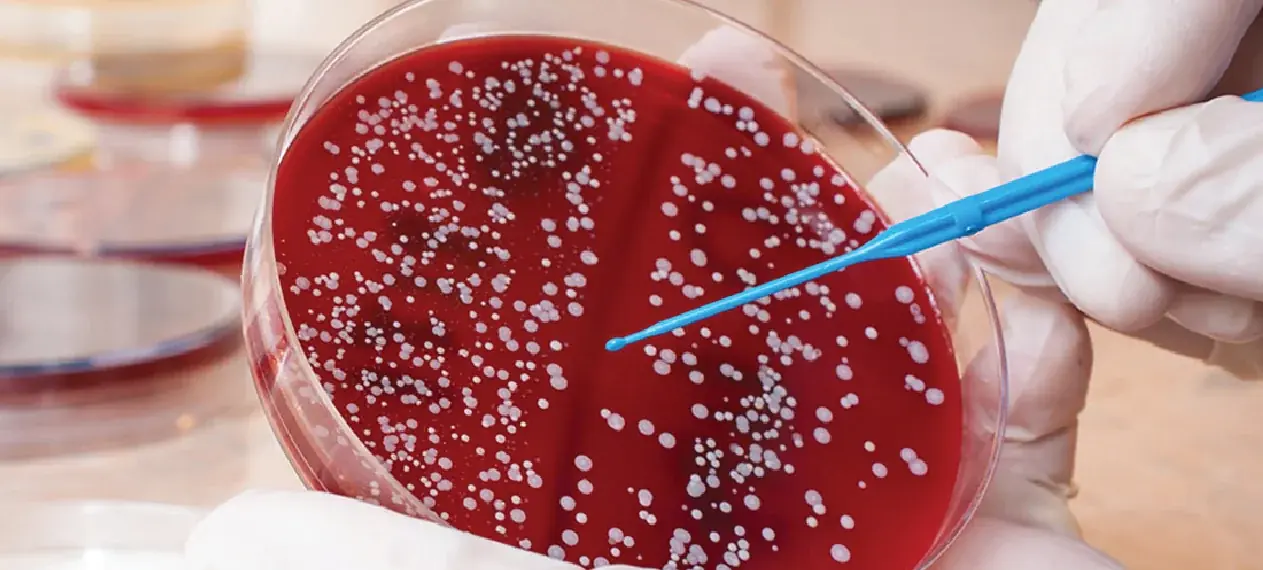
Warning: 10 Overlooked Symptoms That Could Signal Bloo.d Can.cer
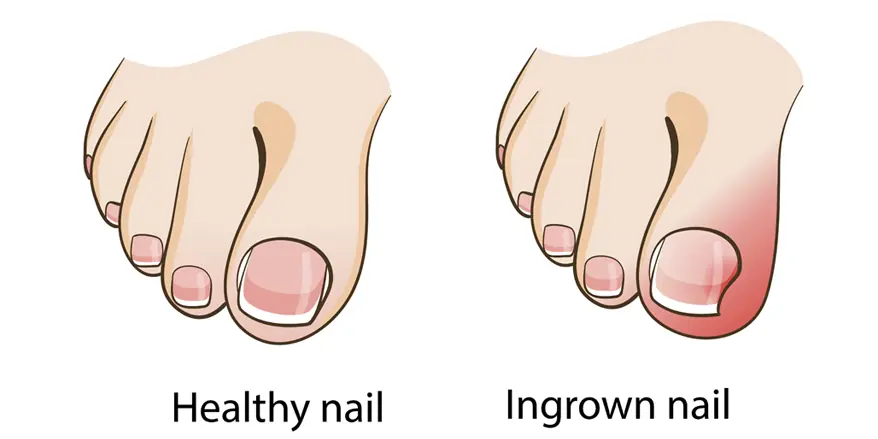
If you have these 6 signs on your feet, you should see a doctor soon because your health is having serious problems
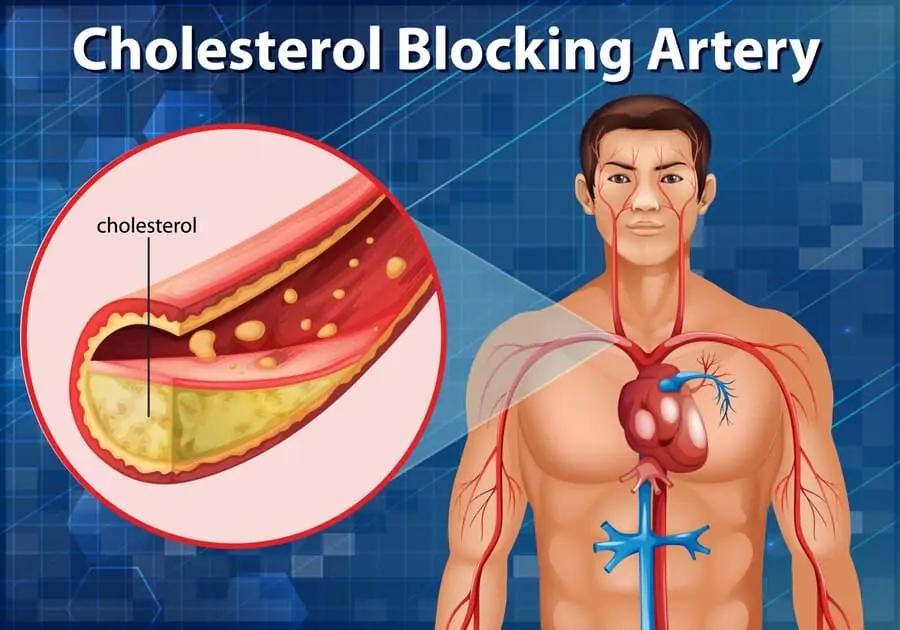
Off The Record One Month Before A Heart Attack, Your Body Will Warn You Of These 7 Signs

Four Drinks You Should NEVER Have in the Morning—Even If You Wake Up Extremely Thirsty: They Damage the Li.ver, Harm the Kid.neys, and “Steal” Your Lifespan
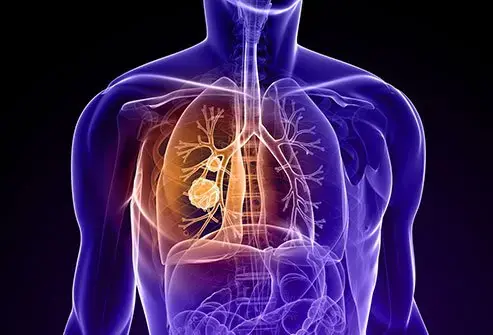
4 Finger Changes You Shouldn’t Ignore — Possible Signs of Lung Cancer
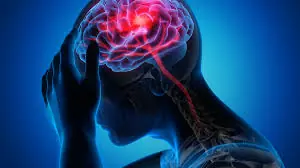
Middle-Aged People, Stop Doing These 7 Things-Even in the Cold Winter-Before It's Too Late!

How Sleeping on Your Left Side Supports Brain, Digestive, and Lymphatic Health

Your feet are a "bl.o.od sugar meter" Beware of diabetes if you frequent experience these 5 strange symptoms
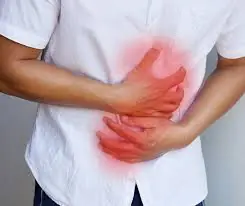
Causes and symptoms of an umb:ilical hernia
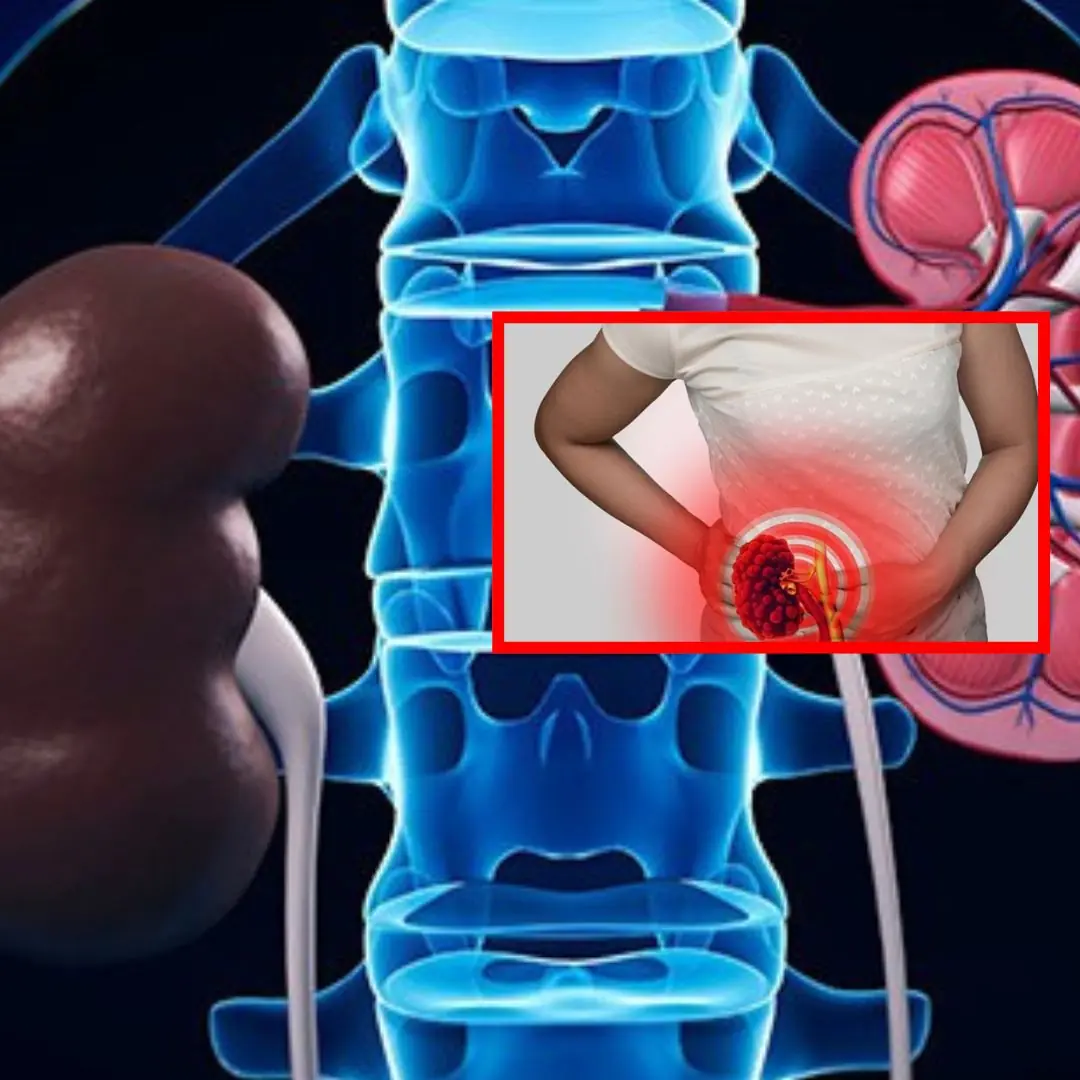
7 indicators that your kidneys are functioning well - check
News Post

“One Year Before Death”? Doctors Say These 6 Signs May Signal Serious Health Decline

Pomegranate Juice and Cardiovascular Protection: Evidence from Human Clinical Studies

If you love sweet potatoes, you need to read this—what you learn could change everything! It’s not too late to know this.

9 Early Signs of Diabetes You Shouldn't Ignore

Can.cer may not cause pain in the early stages, but if you notice these 8 warning signs in the bathroom, get checked early. Don’t ignore them.

If You Have Sudden Sharp Pain In Your Chest That Disappears Quickly, It Could Be This

A 65-year-old woman di.ed suddenly at dawn. Doctors warn: Never do these 4 things before bed as you get older.

Head and Neck Cancer: Risk Factors, Symptoms, and Prevention Tips

Health experts warn that one popular habit with boiled eggs could raise your risk of artery blockage, but countless people still follow it every day

Not Everyone Should Eat Onions: Here’s Who Needs to Be Careful

Warning: 10 Overlooked Symptoms That Could Signal Bloo.d Can.cer

Mopping with Plain Water Is Pointless: Add This One Thing and Your Floor Will Shine Like a Mirror All Week!
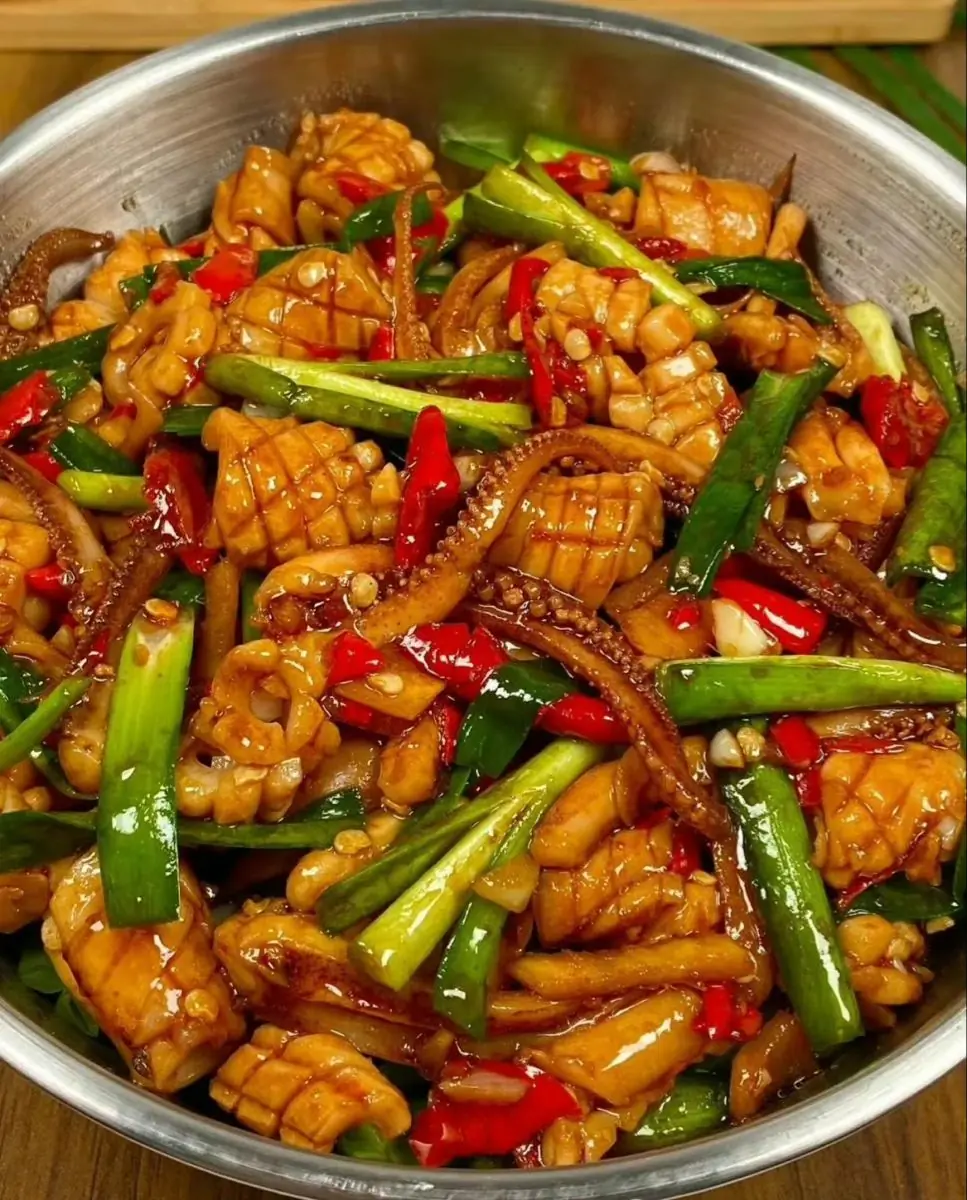
Stir-Fried Squid with Green Onions & Chili

If you have these 6 signs on your feet, you should see a doctor soon because your health is having serious problems
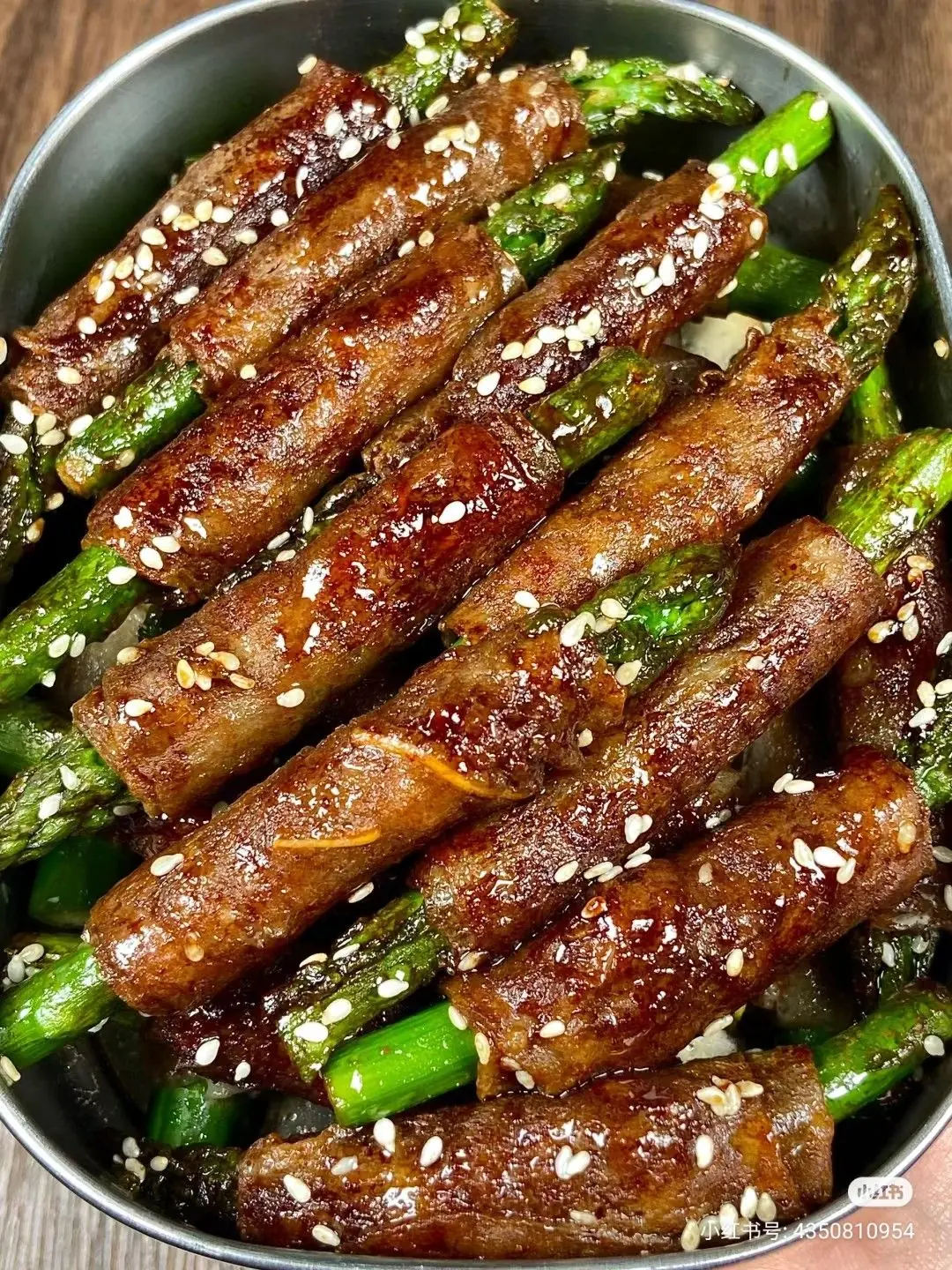
Beef Rolls with Asparagus (Soy Garlic Glaze)

Off The Record One Month Before A Heart Attack, Your Body Will Warn You Of These 7 Signs

Vietnamese Spicy Pork Ear Salad

Four Drinks You Should NEVER Have in the Morning—Even If You Wake Up Extremely Thirsty: They Damage the Li.ver, Harm the Kid.neys, and “Steal” Your Lifespan
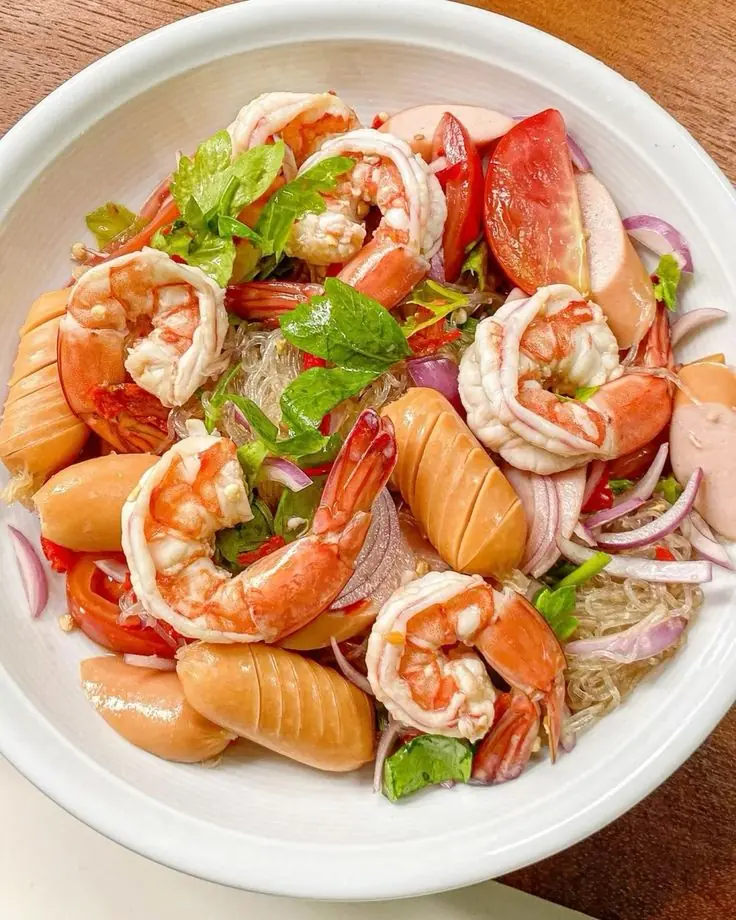
Thai Shrimp Glass Noodle Salad (Yum Woon Sen)
